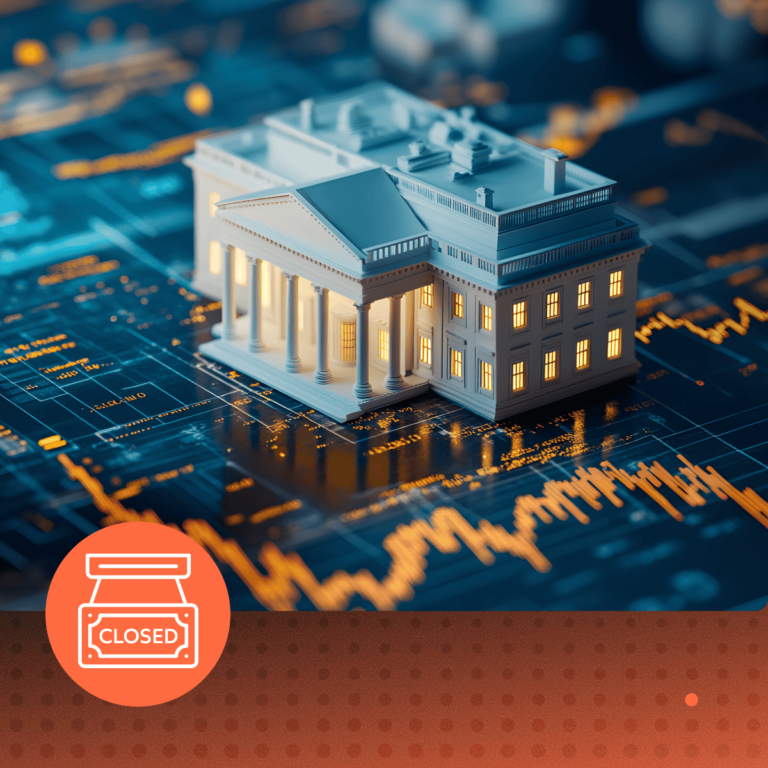What is BaFin?
The Federal Financial Supervisory Authority, better known as BaFin (Bundesanstalt für Finanzdienstleistungsaufsicht) is Germany’s federal financial supervisory authority. As an independent federal institution under public law, BaFin reports to the Federal Ministry of Finance. Its headquarters are located in Bonn and Frankfurt am Main, and its president is appointed by the Federal Government. BaFin’s core mission is to ensure confidence, stability, and integrity in the German financial system, protecting consumers and preventing crises.
What does BaFin do and who does it supervise?
BaFin regulates and supervises a broad range of financial entities, including:
- Banks and credit institutions
- Insurance companies
- Financial service providers
- Securities markets
Key functions
- Licensing: Any financial firm offering services in Germany must be licensed or registered with BaFin. New insurance providers also require BaFin approval, with checks on their equity to ensure contractual obligations can be met.
- Supervision: BaFin monitors financial stability, risk management, and compliance with German and EU laws. It reviews bank balance sheets, ensures proper asset management, and checks insurance companies' ability to compensate insured persons.
- Enforcement: BaFin investigates and penalizes misconduct, fraud, and money laundering. Sanctions range from written warnings and fines to withdrawal of licenses and closure of institutions.
- Consumer protection: BaFin ensures transparency and fairness for investors and customers, aiming to protect them from financial crises and misconduct.
- Securities trading oversight: BaFin analyzes share prices for anomalies, prevents price manipulation, and ensures trading is based on supply and demand.
Focus areas for fintech & identity
-
AML/KYC compliance:
BaFin enforces Anti-Money Laundering (AML) and Know Your Customer (KYC) obligations, as specified in the Money Laundering Act (GwG). Obligated parties include banks, lawyers, financial service providers, gambling providers, and real estate agents. These parties must identify contractual partners before entering a business relationship or transaction.Identification requirements include collecting:
- First and last name
- Address
- Date and place of birth
- Nationality
- ID number and type of ID
- Issuing authority
Identification process:
The identification can be performed by the contractual partner or via third-party providers offering AMLA-compliant solutions. For example, automated identity verification solutions can be supplemented with anti-money laundering screening, allowing data to be checked against lists of politically exposed persons (PEPs), sanctions lists, and optionally negative media coverage after the standard identity verification process.Exceptions:
If the data has already been recorded for existing clients, and is up to date, a new identification may be waived.Reporting suspicious activity:
If anomalies are detected with contractual partners, a reporting obligation applies. However, BaFin does not accept individual suspicious activity reports; such reports must be made to the Central Office for Financial Transaction Investigations.Interpretation and application notes (AuA):
BaFin periodically issues interpretation and application notes on the Money Laundering Act. These notes support obligated parties – particularly credit institutions, financial service providers, and insurance companies – in fulfilling their due diligence obligations. -
eIDAS & digital ID:
BaFin aligns with EU standards for digital signatures and remote identification, supporting secure and compliant digital onboarding. -
Outsourcing & cloud rules:
Fintechs and other financial entities must comply with strict BaFin requirements when outsourcing services, including the use of cloud providers.
Legal basis
BaFin operates under several key German laws, including:
- KWG (Banking Act)
- VAG (Insurance Supervision Act)
- WpHG (Securities Trading Act)
- GwG (Money Laundering Act)
Summary
BaFin is recognized as one of Europe’s most respected and strictest regulators, ensuring the stability, transparency, and security of Germany’s financial markets – especially around regulation, risk management, AML/KYC compliance, and digital identity. For more on AML at the European level, see information on the Anti-Money Laundering Authority of the European Union.
Read also more on the Anti-Money Laundering Authority of the European Union.



